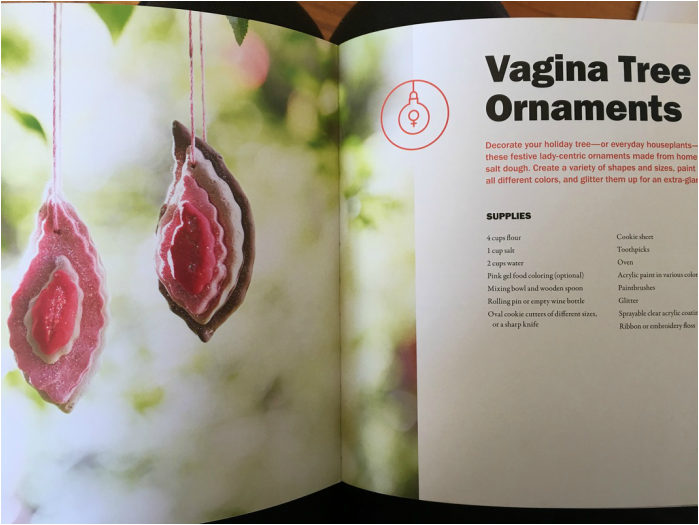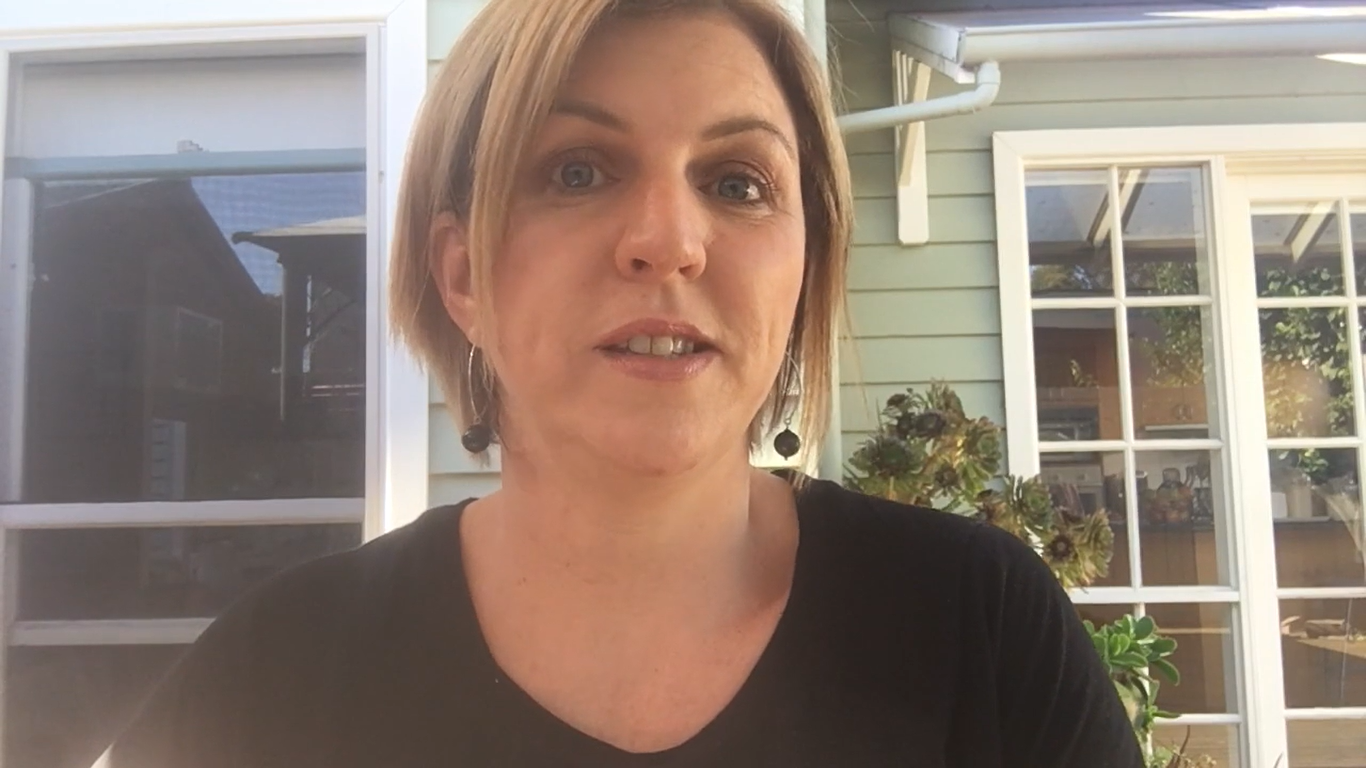My child touches their genitals, how should I respond?
Aug 26, 2021
Originally posted 02/12/2016
Childhood genital touch - it's not sexual
I always discuss this at parent education sessions. Children will touch their own genitals, it is an expected or typical behaviour. It feels good for them and it is not sexual. The problem is the adult's perception of it as 'sexual'.
Children have the capability to experience pleasurable touch, they will self soothe and find relaxation in habits such as stroking parts of their body, sucking their thumb or twirling their hair. For some this involves touching the genitals.
We need to accept this as normal behaviour so that we can respond positively to it. Reacting to a child in a negative tone: "Don't do that? That's dirty/or naughty" will only give them a negative message about pleasure, their bodies and whether they can touch it or not.
(Note: Children can touch their genitals that results in arousal i.e. penile erections, vaginal lubrication/vulval swelling - but it is caused by a reflex from the nerves in the spinal area - not 'brain arousal' as adults know it)
Adult brains have layer upon layer of a their own sexual journey, this 'stuff' is not relevant to childhood sexual behaviour or development or conversations we need to have with them. Especially if our thoughts are negative and are based on shame, guilt and perhaps trauma.
We need to envisage a positive journey for our children, as a sexual being, into adulthood. Young children do not experience sexual pleasure, desire, intent, or attraction, like adults do. We need to strip back (excuse the pun) our layers of 'stuff' in order to respond positively to our children about human sexuality.
This journey starts at toddler age, knowing the correct names of private body parts, knowing who can and cannot touch them, fostering body autonomy and healthy touch messages.
Tips
- If an 18 month old baby is touching their vulva/penis in the bath just distract them to play with the toys if you are feeling uncomfortable.
- If the child is three or four years old this is the time you need to talk about privacy. "I know it feels good to touch your vulva/penis, but we don't touch our private parts in front of other people, can you name a place where you can do that? In your bed or bedroom?
- When you name elbow, knee, eyes and ears, you need to name vulva, vagina, penis, scrotum as well.
- Children need to have an accurate vocabulary of body parts to communicate with you if they have a problem and so that they can understand protective safety.
- Click on the images below for more tips and information about essential sexuality information for parents.
Correctly naming body parts
 Parents need to teach Protective Safety from toddler age. Cover image from Some Secrets Should Never Be Kept from http://e2epublishing.info/
|
 Images from a book I highly recommend: The Amazing True Story of How Babies are Made by Fiona Katauskas Images from a book I highly recommend: The Amazing True Story of How Babies are Made by Fiona Katauskas |
Watch this video
How to respond when children touch their own genitals from Talking The Talk Healthy Sexuality Education on Vimeo.
We know so little about female pleasure
Physical females especially need as much help as possible to understand their bodies and how they work. Read here about how we generally have very limited knowledge about female sexual pleasure, including getting the anatomy wrong. An example of misinformation is this image below from a 2016 Feminist publication - *Crafting with Feminism (a mother from school showed this to me), which labels a vulva as a vagina, great book but the inaccuracy of anatomy is disappointing.
It would be strange if we called a penis a scrotum, wouldn't it?

Unfortunately this 2016 feminist *crafting book has incorrectly represented the 'vagina' as a 'vulva'



